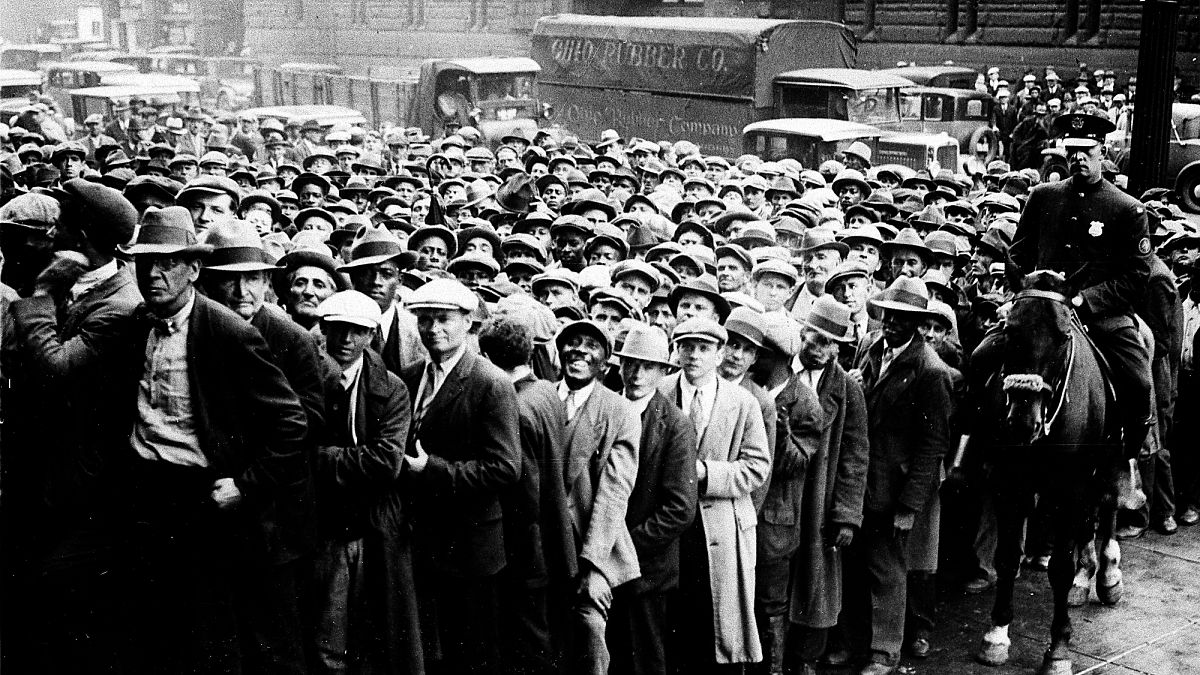In an era of growing polarisation, rising inequality, and resurgent populism, a new report argues that teaching economic crises in history classrooms is more than a lesson about recessions — it is a lesson in democracy.
According to The Observatory on History Teaching in Europe (OHTE), a platform of the Council of Europe, learning about past economic shocks helps students resist scapegoating narratives and build democratic resilience.
"Crises in public finances and national currencies, as well as rising inflation, have caused continuous or recurring economic instability in numerous European countries, which has been closely linked to rising social inequalities, xenophobia, and the questioning of democratic values," the report stated.
"Teaching about economic crises can offer students the knowledge and skills to resist one-sided and simplistic attributions of blame for economic crises to minorities and stigmatised groups through scapegoating," the OHTE continued.
The report is based on analysis of 17 European
Continue Reading on Euronews
This preview shows approximately 15% of the article. Read the full story on the publisher's website to support quality journalism.
